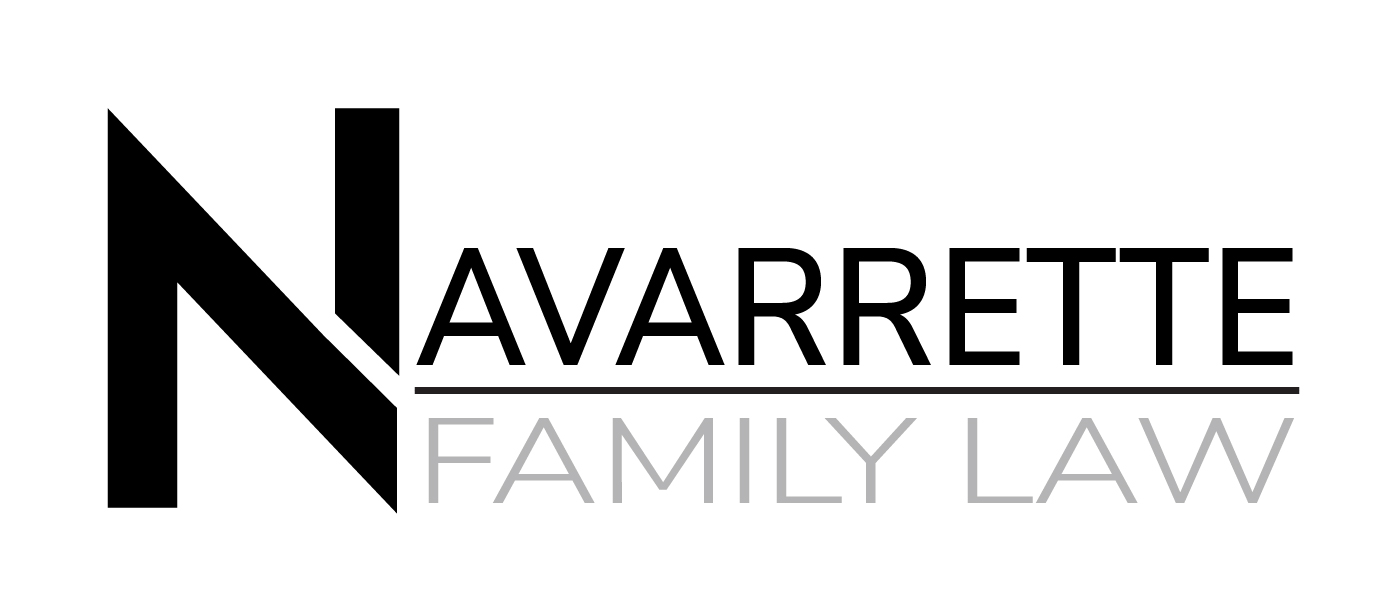
16 Dec The Role of Mediation in Family Law
The Role of Mediation in Family Law
When emotions run high and decisions feel overwhelming, the last thing families want is the stress of a courtroom battle. Mediation offers a solution—providing families with a collaborative, cost-effective way to resolve disputes in a more peaceful setting. For many, it’s the ideal approach to handling divorce, child custody, and other family law matters.
What Is Mediation in Family Law?
Mediation is a process where both parties meet with a neutral third party, called a mediator, to discuss and resolve disputes. Unlike a courtroom, where a judge decides the outcome, mediation empowers families to negotiate solutions that work best for them. Whether it’s about dividing property, creating a co-parenting plan, or deciding on spousal support, mediation offers a structured, guided approach to finding common ground.
Why Mediation Matters
Less Stress, More Control
Mediation allows you to keep decisions in your hands. Instead of a judge deciding for your family, you can work together to create solutions that fit your unique situation. This reduces the stress and emotional toll often associated with litigation.
Cost-Effective and Time-Saving
Courtroom battles can be emotionally draining and financially demanding. Mediation typically costs less and takes far less time. Families often resolve disputes in weeks or months, compared to the year or more litigation can require.
Focus on Collaboration, Not Conflict
Mediation encourages open communication and cooperation. This is especially beneficial for parents who need to establish a healthy co-parenting relationship. Building respectful dialogue during mediation can set a positive tone for the future.
Privacy Matters
Unlike court hearings, which become part of the public record, mediation is private and confidential. Sensitive family matters remain behind closed doors, offering peace of mind to all involved.
What Types of Family Law Issues Can Mediation Resolve?
Mediation can address a variety of family law matters, including:
– Divorce settlements (property division, spousal support)
– Child custody and parenting plans
– Child support agreements
– Post-divorce modifications
– Division of debts and assets
Is Mediation Right for You?
Mediation works well for families who want to avoid courtroom conflict and are willing to communicate and compromise. It’s particularly helpful for couples with children who want to create a positive, long-term co-parenting plan.
However, mediation may not be ideal for cases involving domestic violence, significant power imbalances, or unwillingness to cooperate.
Why Choose N Family Law for Mediation?
At N Family Law, we know every family’s situation is unique. Our experienced family law attorneys guide you through the mediation process with care, professionalism, and expertise. We focus on achieving practical, lasting solutions while prioritizing your family’s well-being.
Mediation can help you move forward with dignity and confidence—without the stress of a courtroom.
